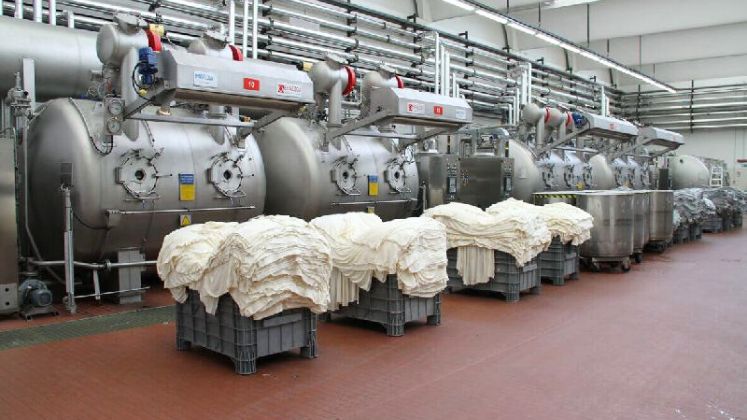
Industry experts claim that Gujarat’s textile and chemical exports have begun to normalise with the improvement of the political situation in Bangladesh. One of the largest export destinations for Gujarat’s textile and chemical industries, the neighbouring country has begun placing new orders with traders for cotton yarns and dye chemicals.
Industry insiders also stated that although payments have increased during the last week, exporters were still being careful in their commercial dealings. Bangladesh is India’s largest export market for spun yarn, accounting for 35 per cent of India’s total yarn exports in 2023–2024, with 428 million kg of cotton yarn exported.
Regarding reactive dyes, Gujarat exports over 3,500 tonnes of dyes to Bangladesh each month. Bangladesh’s economy depends heavily on textiles, particularly the production of clothing, and it cannot afford to lose this industry. Reactive dyes are a major export from Ahmedabad to Bangladesh for about 150 businesses.
Bharat Chhajer, former chairman of the Powerloom Development and Export Promotion Council (PDEXCIL), said, “The textile industry in Bangladesh has resumed operations and the situation there is becoming normal. Exports to Bangladesh had stopped in the wake of the violence there and cotton yarn containers were held up at various ports in India.”
Exporters are cautiously watching the situation unfolding in Bangladesh and taking measures for safe business, he added. Jayesh Patel, senior vice-president of the Spinners’ Association Gujarat (SAG), said, “Exports to Bangladesh have resumed and enquiries have also started, but overall costing does not match the manufacturing cost.”
Gujarat’s textile and chemical industries had a difficult period following the Covid-19 pandemic. This fiscal year has seen a resurgence in both industries. On the other hand, the industries are concerned about the political unrest in Bangladesh.






